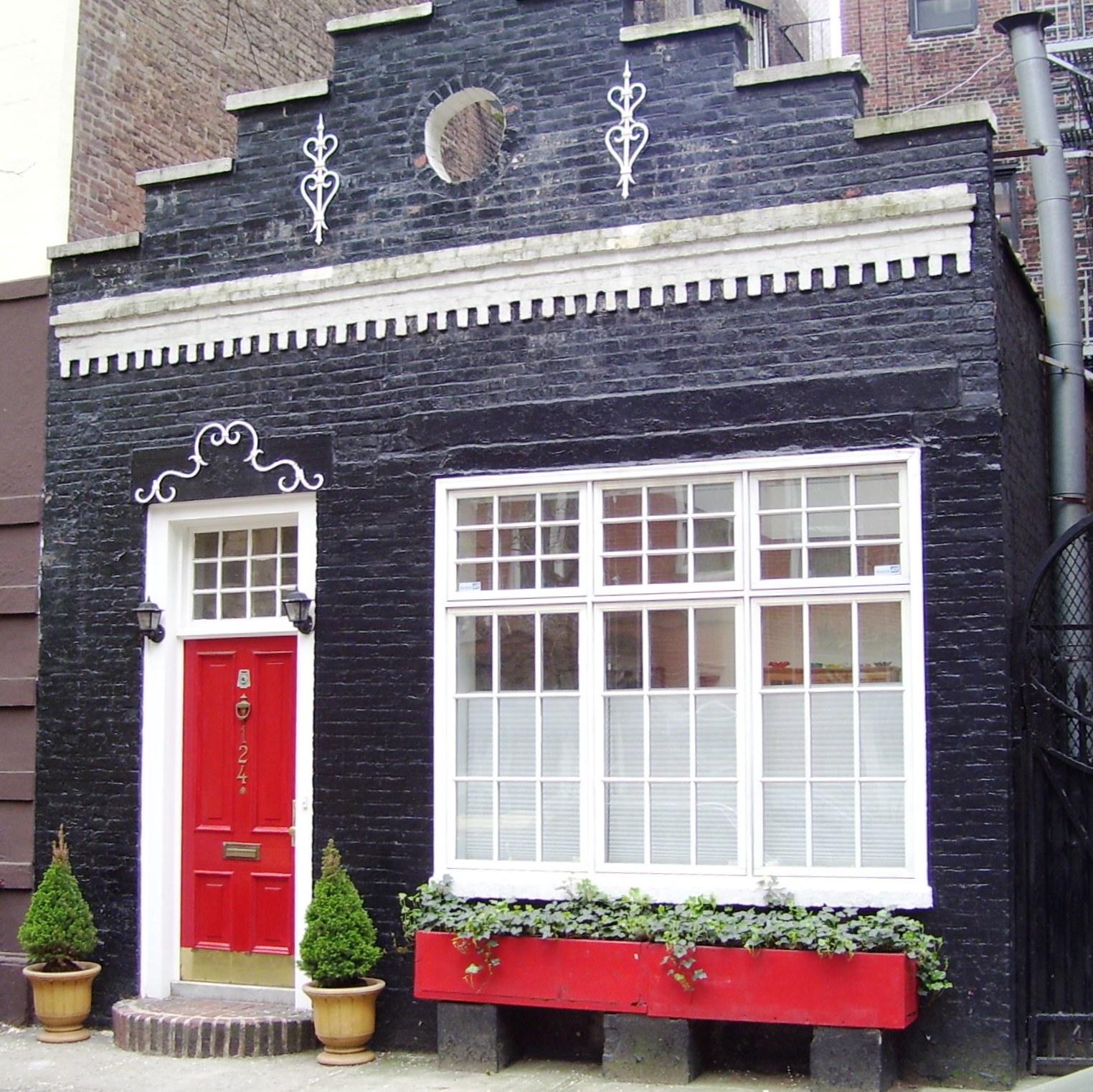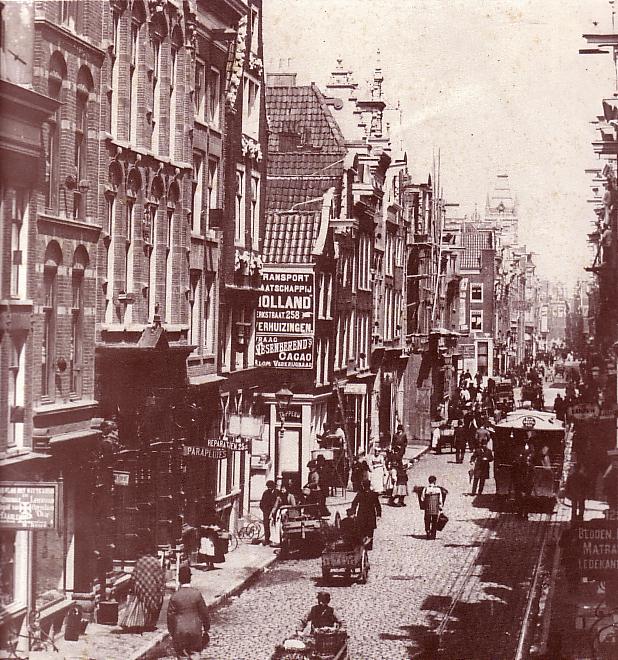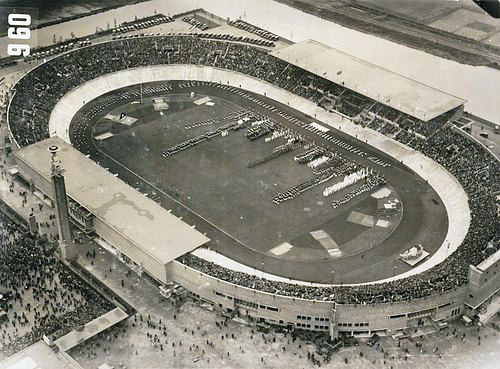|
Kozłówka Palace
Kozłówka Palace (pronounced: , Polish: ''Pałac w Kozłówce'') is a large rococo and neoclassical palace complex of the Zamoyski family in Kozłówka, Lubartów County, Lublin Voivodeship in eastern Poland. The palace was built between 1735 and 1742 and is one of Poland's official national Historic Monuments (''Pomnik historii''), as designated May 16, 2007, and tracked by the National Heritage Board of Poland. It currently houses the Zamoyski Family Museum in Kozłówka. The Kozłówka Landscape Park lies south of the palace complex. History The original palace was built in the first half of 18th century for Michał Bieliński, voivode of Chełmno; its architect was Jozef II Fontana. It represents the characteristic type of baroque suburban residence built '' entre cour et jardin'' (between the entrance court and the garden). Its architecture is original - a merger of European art with old Polish building traditions. In 1799, the Palace was acquired by the aristocratic ... [...More Info...] [...Related Items...] OR: [Wikipedia] [Google] [Baidu] |
Kozłówka, Lublin Voivodeship
Kozłówka is a village in the administrative district of Gmina Kamionka, within Lubartów County __NOTOC__ Lubartów County () is a unit of territorial administration and local government (powiat) in Lublin Voivodeship, eastern Poland. It was established on January 1, 1999, as a result of the Polish local government reforms passed in 1998. Its ..., Lublin Voivodeship, in eastern Poland. It lies approximately south-east of Kamionka, Lubartów County, Kamionka, west of Lubartów, and north of the regional capital Lublin. In Kozłówka is located a Baroque/Classical Kozłówka Palace, palace, and the park is now a Kozłówka Palace, museum of the Zamoyski family. The museum also has one part dedicated to now unwanted communist sculpture and other art. References Villages in Lubartów County {{Lubartów-geo-stub ... [...More Info...] [...Related Items...] OR: [Wikipedia] [Google] [Baidu] |
Count
Count (feminine: countess) is a historical title of nobility in certain European countries, varying in relative status, generally of middling rank in the hierarchy of nobility. Pine, L. G. ''Titles: How the King Became His Majesty''. New York: Barnes & Noble, 1992. p. 73. . Especially in earlier medieval periods the term often implied not only a certain status, but also that the ''count'' had specific responsibilities or offices. The etymologically related English term " county" denoted the territories associated with some countships, but not all. The title of ''count'' is typically not used in England or English-speaking countries, and the term ''earl'' is used instead. A female holder of the title is still referred to as a ''countess'', however. Origin of the term The word ''count'' came into English from the French ', itself from Latin '—in its accusative form ''comitem''. It meant "companion" or "attendant", and as a title it indicated that someone was delegated to ... [...More Info...] [...Related Items...] OR: [Wikipedia] [Google] [Baidu] |
Janusz Morgenstern
Janusz "Kuba" Morgenstern (16 November 1922 – 6 September 2011) was a Polish film director and producer. Janusz Morgenstern was born in 1922 to a Jewish family in the town of Mikulińce, Poland (now Mykulyntsi, Ukraine), to Dawid Morgenstern and Estera (née Druks). He debuted as a director with the film ''Goodbye, See You Tomorrow'' (1960). His other films include ''Jowita'' (1967), ''We Have to Kill this Love'' (1972), ''W-Hour'' (1979), ''Lesser of Two Evils'' (2009). TV series directed by Morgenstern included: ''Stake Larger than Life'' (1967–1968), ''Columbuses'' (1970) and ''Polish Roads'' (1976). He died in Warsaw, Poland Warsaw, officially the Capital City of Warsaw, is the capital and largest city of Poland. The metropolis stands on the River Vistula in east-central Poland. Its population is officially estimated at 1.86 million residents within a grea .... Selected filmography * '' Goodbye, See You Tomorrow'' (1960) * '' Tomorrow Premiere'' (1962) * ... [...More Info...] [...Related Items...] OR: [Wikipedia] [Google] [Baidu] |
Carriage House
A ''carriage house'', also called a ''remise'' or ''coach house'', is a term used in North America to describe an outbuilding that was originally built to house horse-drawn carriages and their related tack. Carriage houses were often two stories, with related staff quarters above. Current usages In modern usage, the term "carriage house" has taken on several additional, somewhat overlapping meanings: * Buildings that were originally true carriage houses that have been converted to other uses such as secondary suites, apartments, guest houses, automobile garages, offices, workshops, retail shops, bars, restaurants, or storage buildings. * Purpose-built secondary homes, also called accessory dwelling units or detached dwelling units, on the same lot as a primary residence. They have completely separate living areas and facilities, sometimes in the style of converted carriage houses. Some municipalities, such as Ottawa, Ontario, Canada, have introduced regulations per ... [...More Info...] [...Related Items...] OR: [Wikipedia] [Google] [Baidu] |
French Baroque
French may refer to: * Something of, from, or related to France ** French language, which originated in France ** French people, a nation and ethnic group ** French cuisine, cooking traditions and practices Arts and media * The French (band), a British rock band * "French" (episode), a live-action episode of ''The Super Mario Bros. Super Show!'' * ''Française'' (film), a 2008 film * French Stewart (born 1964), American actor Other uses * French (surname), a surname (including a list of people with the name) * French (tunic), a type of military jacket or tunic * French's, an American brand of mustard condiment * French (catheter scale), a unit of measurement * French Defence, a chess opening * French kiss, a type of kiss See also * France (other) * Franch, a surname * French Revolution (other) * French River (other), several rivers and other places * Frenching (other) * Justice French (other) Justice French may refer to: * C. ... [...More Info...] [...Related Items...] OR: [Wikipedia] [Google] [Baidu] |
Amsterdam
Amsterdam ( , ; ; ) is the capital of the Netherlands, capital and Municipalities of the Netherlands, largest city of the Kingdom of the Netherlands. It has a population of 933,680 in June 2024 within the city proper, 1,457,018 in the City Region of Amsterdam, urban area and 2,480,394 in the Amsterdam metropolitan area, metropolitan area. Located in the Provinces of the Netherlands, Dutch province of North Holland, Amsterdam is colloquially referred to as the "Venice of the North", for its canals of Amsterdam, large number of canals, now a World Heritage Site, UNESCO World Heritage Site. Amsterdam was founded at the mouth of the Amstel River, which was dammed to control flooding. Originally a small fishing village in the 12th century, Amsterdam became a major world port during the Dutch Golden Age of the 17th century, when the Netherlands was an economic powerhouse. Amsterdam was the leading centre for finance and trade, as well as a hub of secular art production. In the 19th ... [...More Info...] [...Related Items...] OR: [Wikipedia] [Google] [Baidu] |
1928 Summer Olympics
The 1928 Summer Olympics (), officially the Games of the IX Olympiad (), was an international multi-sport event that was celebrated from 28 July to 12 August 1928 in Amsterdam, Netherlands. The city of Amsterdam had previously bid for the 1920 and 1924 Olympic Games. Still, it was obliged to give way to war-torn Antwerp in Belgium for the 1920 Summer Olympics, 1920 Games and Pierre de Coubertin's Paris for the 1924 Summer Olympics, 1924 Games. The only other candidate city for the 1928 Olympics was Los Angeles, which would eventually be selected to host the Olympics four years later. In preparation for the 1932 Summer Olympics, the United States Olympic Committee reviewed the costs and revenue of the 1928 Games. The committee reported a total cost of United States dollar, US$1.183 million with receipts of US$1.165 million, giving a negligible loss of US$18,000, which was a considerable improvement over the 1924 Games. The United States won the most gold and medals over ... [...More Info...] [...Related Items...] OR: [Wikipedia] [Google] [Baidu] |
Gymnastics
Gymnastics is a group of sport that includes physical exercises requiring Balance (ability), balance, Strength training, strength, Flexibility (anatomy), flexibility, agility, Motor coordination, coordination, artistry and endurance. The movements involved in gymnastics contribute to the development of the arms, legs, shoulders, back, chest, and Abdomen, abdominal muscle groups. Gymnastics evolved from exercises used by the Ancient Greece, ancient Greeks that included skills for mounting and dismounting a horse. The most common form of competitive gymnastics is artistic gymnastics (AG); for women, the events include floor (gymnastics), floor, vault (gymnastics), vault, uneven bars, and balance beam; for men, besides floor and vault, it includes still rings, rings, pommel horse, parallel bars, and horizontal bar. The governing body for competition in gymnastics throughout the world is the Fédération Internationale de Gymnastique (FIG). Eight sports are governed by the FIG, in ... [...More Info...] [...Related Items...] OR: [Wikipedia] [Google] [Baidu] |
Polish Sokół Movement
Polish may refer to: * Anything from or related to Poland, a country in Europe * Polish language * Polish people, people from Poland or of Polish descent * Polish chicken * Polish brothers (Mark Polish and Michael Polish, born 1970), American twin screenwriters * Kevin Polish, an American Paralympian archer Polish may refer to: * Polishing, the process of creating a smooth and shiny surface by rubbing or chemical action ** French polishing, polishing wood to a high gloss finish * Nail polish * Shoe polish * Polish (screenwriting), improving a script in smaller ways than in a rewrite See also * * * Polishchuk (surname) * Polonaise (other) A polonaise ()) is a stately dance of Polish origin or a piece of music for this dance. Polonaise may also refer to: * Polonaises (Chopin), compositions by Frédéric Chopin ** Polonaise in A-flat major, Op. 53 (, ''Heroic Polonaise''; ) * Polon ... {{Disambiguation, surname Language and nationality disambiguation pages ... [...More Info...] [...Related Items...] OR: [Wikipedia] [Google] [Baidu] |
Nicholas II Of Russia
Nicholas II (Nikolai Alexandrovich Romanov; 186817 July 1918) or Nikolai II was the last reigning Emperor of Russia, Congress Poland, King of Congress Poland, and Grand Duke of Finland from 1 November 1894 until Abdication of Nicholas II, his abdication on 15 March 1917. He Wedding of Nicholas II and Alexandra Feodorovna, married Alexandra Feodorovna (Alix of Hesse), Alix of Hesse (later Alexandra Feodorovna) and had five children: the OTMA sisters – Grand Duchess Olga Nikolaevna of Russia, Olga, born in 1895, Grand Duchess Tatiana Nikolaevna of Russia, Tatiana, born in 1897, Grand Duchess Maria Nikolaevna of Russia, Maria, born in 1899, and Grand Duchess Anastasia Nikolaevna of Russia, Anastasia, born in 1901 — and the tsesarevich Alexei Nikolaevich, Tsarevich of Russia, Alexei Nikolaevich, who was born in 1904, three years after the birth of their last daughter, Anastasia. During his reign, Nicholas gave support to the economic and political reforms promoted by his prim ... [...More Info...] [...Related Items...] OR: [Wikipedia] [Google] [Baidu] |
Fee Tail
In English common law, fee tail or entail is a form of trust, established by deed or settlement, that restricts the sale or inheritance of an estate in real property and prevents that property from being sold, devised by will, or otherwise alienated by the tenant-in-possession, and instead causes it to pass automatically, by operation of law, to an heir determined by the settlement deed. The terms ''fee tail'' and ''tailzie'' are from Medieval Latin , which means "cut(-short) fee". Fee tail deeds are in contrast to "fee simple" deeds, possessors of which have an unrestricted title to the property, and are empowered to bequeath or dispose of it as they wish (although it may be subject to the allodial title of a monarch or of a governing body with the power of eminent domain). Equivalent legal concepts exist or formerly existed in many other European countries and elsewhere; in Scots law tailzie was codified in the Entail Act 1685. Most common law jurisdictions have abolished ... [...More Info...] [...Related Items...] OR: [Wikipedia] [Google] [Baidu] |
Versailles Palace
The Palace of Versailles ( ; ) is a former royal residence commissioned by King Louis XIV located in Versailles, about west of Paris, in the Yvelines Department of Île-de-France region in France. The palace is owned by the government of France and since 1995 has been managed, under the direction of the French Ministry of Culture, by the Public Establishment of the Palace, Museum and National Estate of Versailles. About 15,000,000 people visit the palace, park, or gardens of Versailles every year, making it one of the most popular tourist attractions in the world. Louis XIII built a hunting lodge at Versailles in 1623. His successor, Louis XIV, expanded the château into a palace that went through several expansions in phases from 1661 to 1715. It was a favourite residence for both kings, and in 1682, Louis XIV moved the seat of his court and government to Versailles, making the palace the '' de facto'' capital of France. This state of affairs was continued by Kings Louis X ... [...More Info...] [...Related Items...] OR: [Wikipedia] [Google] [Baidu] |






